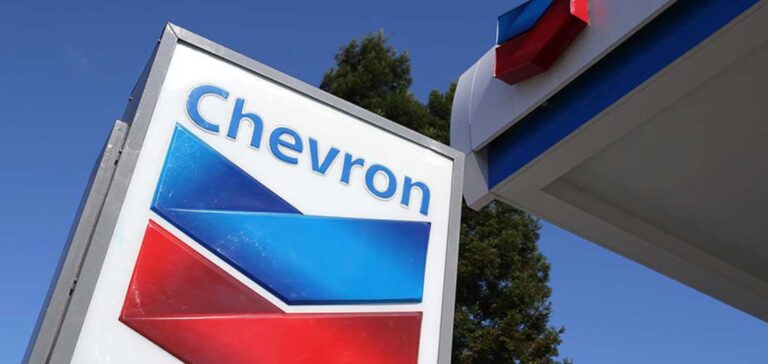Chevron, the American multinational, has reaffirmed its commitment to deepwater oil exploration in Nigeria. This announcement comes at a time when several large oil companies have chosen to scale back or divest their assets in the country. Despite declining production in some of its existing fields, Chevron is continuing its efforts to maintain a strategic position in the Nigerian market. During the Nigeria International Energy Summit, which took place from February 25 to 27, Jim Swartz, Chevron’s Chief Operating Officer, revealed that the company would continue its infill drilling campaigns at the Agbami and Usan fields.
This shift towards deeper drilling aims to offset declining output from ageing fields and fully exploit the potential of offshore reserves. Chevron also plans to continue the development of the Owowo oil field, with production expected to start in 2029. This project adds to other initiatives such as seismic data acquisition to optimise deepwater investments, as well as acquiring stakes in OPL 215, a newly acquired deepwater block. According to Jim Swartz, this approach is part of a strategy to adapt to an ever-evolving energy landscape and remain competitive.
Offshore projects and impact on production
Chevron’s commitment fits into a broader framework, supported by the Nigerian government, aimed at encouraging the search for new offshore deposits. These fields have the advantage of being less exposed to acts of vandalism and sabotage that often affect onshore installations. According to a report by Westwood published in August 2023, offshore drilling activities in Nigeria are expected to increase significantly in the coming years. The country could drill an average of 140 new wells per year until 2030, which suggests large-scale oil projects are on the horizon.
Outlook for Nigeria’s oil industry
Ongoing projects, such as the Phase 1 expansion of the Preowei project by TotalEnergies (scheduled for 2026), the start-up of Bonga North by Shell in 2027, and the commissioning of Bosi by ExxonMobil in 2030, could have a significant impact on the country’s offshore production. If these projects proceed as planned, they could add more than 185,000 barrels per day to Nigeria’s total production. Combined with Chevron’s efforts, Nigeria’s offshore oil industry is expected to play a key role in securing the country’s hydrocarbons supply in the coming decades.






















